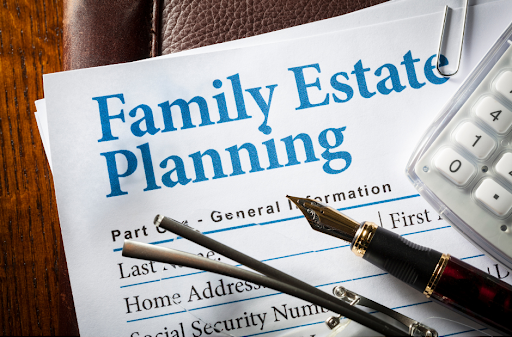
Each one of us toils hard to create assets for our children. The assets may be fixed assets like properties or movable assets such as a car, liquid assets like savings, and bank deposits, or even assets like personal possessions.
Has a plan been put in place for the next generation to be able to enjoy and later enhance these assets? All this needs to be done by incurring minimal taxes, and legal fees and without any legal proceedings in court.
Covid-19, the pandemic, has taught us a lesson. Estate planning is very crucial. Estate planning is not a post-retirement or post-death activity. It has to be well thought out for the contingencies and planned well in advance.
Estate Planning means making a plan well in advance, and documenting the beneficiaries, either individuals or organizations, who should benefit from the assets.
It is not only for the High Net Worth (HNI) individuals but for everyone, as each one of us has assets in some form, which we wish to pass on to our loved ones.
Estate Planning is not a one-time activity. It is an ongoing process of reviewing and updating the plan as per the family and financial circumstances.
Estate Planning includes several provisions by which the assets can be used for self and made available to others while protecting those assets.
Many people ignore estate planning because they
If there is no estate plan during disability, and the business cannot be conducted due to incapacitation, the court will supervise and control how the assets can be used, through conservatorship or guardianship. This can be highly time-consuming, stressful, and expensive. It can be really challenging to close the entire issue.
In the event of death without a valid estate plan, the assets without a beneficiary, will be under the state and distributed as per laws of the state through a court-supervised probate process. In such a situation the estate maybe not divided as it had been desired.
It’s time, people realize that Estate Planning is for everyone and it’s the most important job on their hands.

Estate Planning is the best to keep control of your assets and distribute them as per your wish and terms without court proceedings and any external interference.
Estate Planning through a Will is one of the commonly followed options for managing your estate. However, has its flip side.
The Will:
Therefore, a revocable living trust, along with a pour-over will is highly recommended.
Trust is the most effective tax management tool for asset management. Trust can be private or public in nature.
Estate Planning through a revocable living trust is highly preferred due to the following reasons:
A revocable Living Trust:

An all-inclusive Estate Plan having a Living Trust and pour-over will is highly cost-effective and hassle-free, which ensures great family togetherness and wealth creation for generations.
“Estate Planning is creating a financial legacy for generations”
ADDVALUE is one of the leading Family Business Advisors assisting members of family businesses to design their Estate Planning, under the guidance of expert Family Business Consultants.